We want you to receive the compassionate treatment you deserve.
Transforming your Life with Specialized OCD Counseling for Lasting Recovery
Our office provides Obsessive Compulsive Disorder (OCD) counseling led by specialized psychologists and counselors with experience in treating OCD, anxiety and depression. If you’ve been searching for an OCD therapist near me, we’re here to help with evidence-based approaches that make a real difference.
Want to know what OCD is and how it develops? Visit this page.
It’s very important to find OCD therapists trained in Cognitive Behavioral Therapy, especially in approaches like ERP (Exposure and Response Prevention), Metacognitive Therapy (MCT), Inference-Based Cognitive Behavioral Therapy (I-CBT), and/or ACT (Acceptance and Commitment Therapy). These methods are highly recommended because more traditional therapies—such as those focused on relaxation techniques or reframing—may actually worsen OCD symptoms by unintentionally reinforcing compulsive behavior.
Through research and clinical experience, ERP has proven to be the gold standard for treating OCD. It helps individuals manage distress and interrupt compulsions. Though it may feel counterintuitive at first, resisting compulsions rather than engaging in them actually teaches the brain to respond differently to obsessive thoughts. The attempt to relieve distress through compulsions only intensifies OCD symptoms over time.
If you're interested in learning more, we also recommend exploring highly rated OCD books that explain the science and strategies behind these therapies. And of course, if you're ready to take the next step, we're here with expert support from experienced OCD therapists who understand the complex relationship between OCD, anxiety and depression.
A modern approach
Step 1: Complete a 60-minute intake interview and if you are being treated for OCD you will complete an assessment called the Yale-Brown Obsessive-Compulsive Scale (typically done at the second appointment).
Step 2: Your therapist will work with you to learn about the biology and patterns associated with OCD, will discuss the rationale for treatment, and will help you understand the treatment structure.
Step 3: Your therapist will introduce self-monitoring and will create a hierarchy of exposures with you. You will learn the principles of Metacognitive Therapy (MCT) and Exposure and Response Prevention (ERP). You may also work on creating something called an acceptance script.
Step 4: You will work with your therapist through the hierarchy of exposures. Commitment to the therapy is essential - your therapist will work with you to identify possible secondary gains or other therapy-interfering behaviors as necessary. Willingness to complete the exposures is vital to the effectiveness of the treatment.
Step 5: You will work on self-exposure at home under the guidance of your therapist.
Step 6: The process will continue until your brain has learned a new way to manage the thoughts. You will then discuss relapse prevention with your therapist.
How to Get Started
-

Complete New Client Inquiry Form
You will be matched with the OCD/Anxiety specialist that is the best fit for you.
-

Schedule an Intake Session
If you and the Clinician decide after the free treatment consultation the fit is right, you will schedule and intake session. During your intake, your clinician will complete an assessment of your anxiety or OCD and will create a treatment plan.
-

Attend Follow-up Sessions
After completing the intake, you will start treatment sessions. Typically, patients feel some relief within the first 4-6 sessions when they are competently practicing exposures. Full treatment lasts, on average, 17-25 sessions (90 minutes) or 22-30 shorter sessions (50 minutes)
-

Find Clarity, Peace, and Resilience
As you work through exposures and use the skills guided by your Clinician, you should begin to feel relief.


